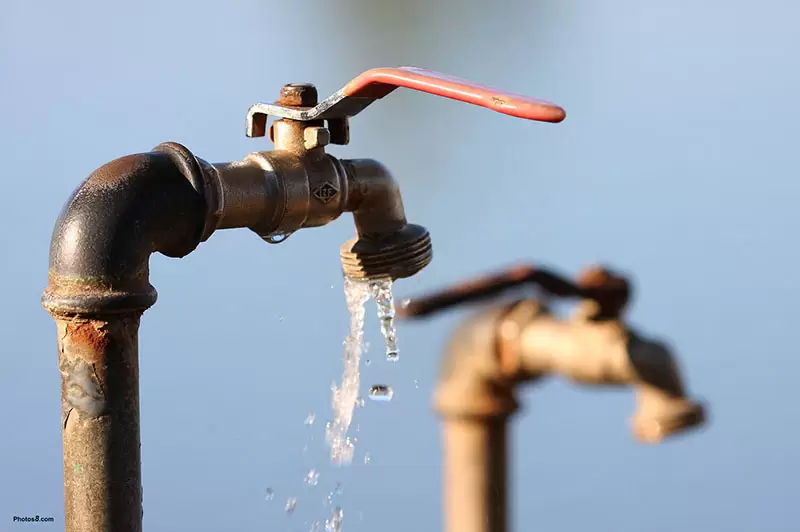By Darlington Gatsi
HARARE City Council has taken a significant step towards improving water quality and reducing the risks of waterborne diseases in the capital with the establishment of a chlorine regulator.
The Chlorine booster regulator was facilitated by the City of Harare with collaboration from the United Nations Children’s Fund as well as assistance from the United States Embassy.
The project, funded with US$150 000 from the United States Embassy was availed in Kuwadzana Wednesday.
The water quality programme aims to purify the precious liquid from the reservoirs before it is distributed to households.
USA ambassador Pamela Tremont said the facility will reduce the risks of waterborne diseases.
“The U.S. government has been instrumental in providing both financial and technical support for the implementation of measures to ensure there is access to safe water.
“Chlorination of drinking water protects the health of communities from cholera and other waterborne diseases. Monitoring chlorine levels allows us to make sure that water. remains safe for use and enables City authorities to respond rapidly if levels are too low.
“Our support has helped enhance water quality monitoring in the municipal piped water network by modernizing data collection and visualization from sentinel sites. These sites include water taps, boreholes, and shallow wells in the communities, healthcare facilities, and schools,” said Tremont.
Harare City Council has on numerous occasions bemoaned the lack of funds to purchase water purification chemicals.
While the government has officially declared the country cholera-free, suburbs in the high-density areas remain prone to diseases as a result of the unclean water supply by the City Council.
Harare City Council health department official, Varaidzo Mavetera said the intervention is a result of water in the Capital which results from the monitoring exercise showing it is unclean.
“We have had cholera outbreaks in Harare. There are a lot of waterborne diseases that are acquired through drinking water. Water should be safe to drink.
“Our role as the City Health Department is to monitor the quality of water used for domestic purposes. This is why our partners come on board to say let us put a booster at reservoirs. The booster will add chlorine to the water before it is distributed to the residents of Kuwadzana,” said Mavetera.
The facility will clean water reservoirs and distribution channels that are seldom cleaned by the City Council.
The City Council also launched a water quality tracking system which gives the state of the water through uploaded samples on its dashboard.
UNICEF country representative Etona Ekole said more funding is required to assist Harare.
“These funds represent a commitment to strengthen capacities. The City Harare City Council has the capability of efficiently collecting water samples. UNICEF remains committed to mobilising additional funds,” said Ekole.
